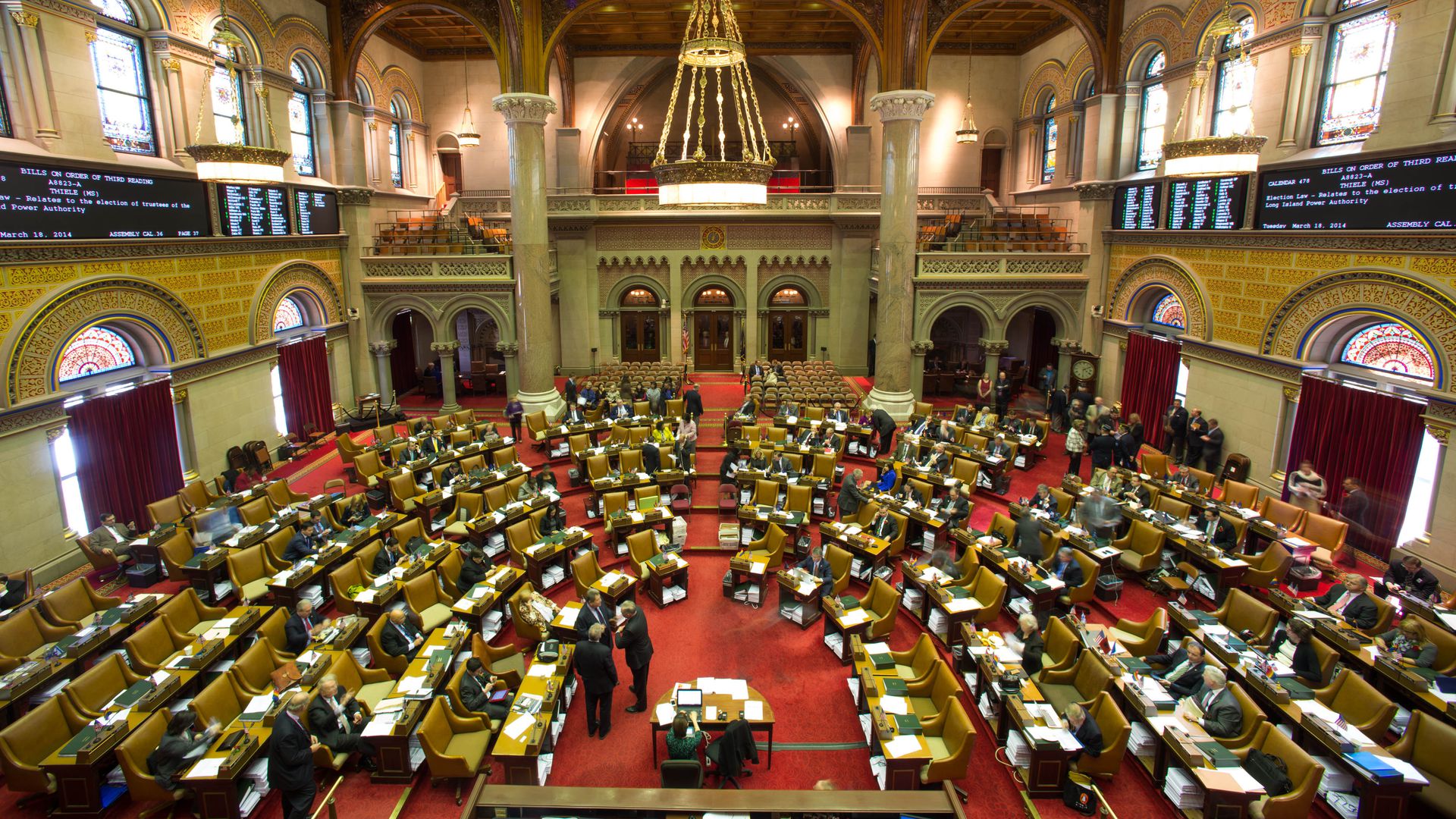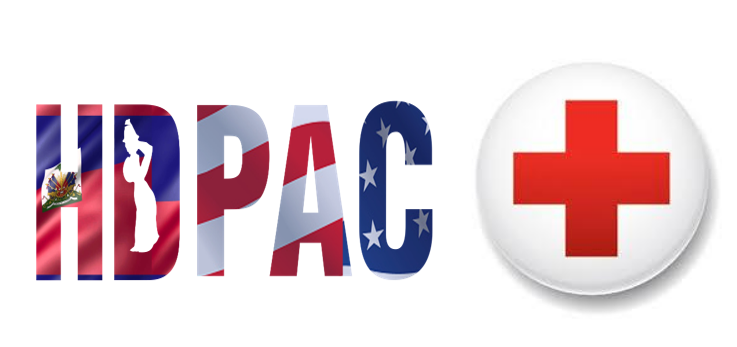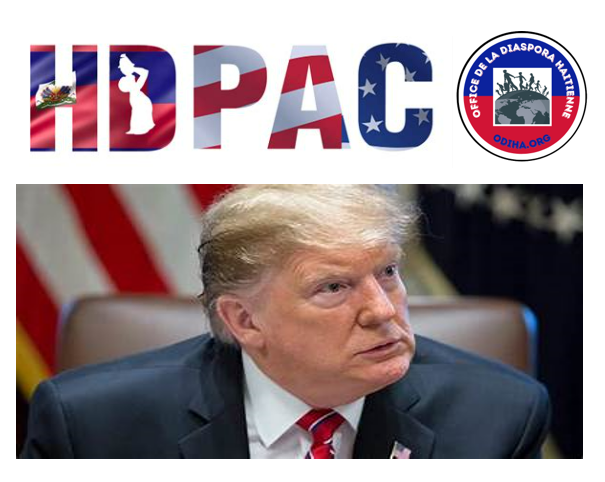April 11, 2021
TRUENEWSREPORT
TRUENEWSBLOG – New York lawmakers have agreed to provide $2.1 billion in cash to undocumented workers and others excluded from federal relief, as part of the $212 billion state budget deal reached April 6. Undocumented staff working in restaurants, delis, salons and other businesses that have taken a hit from the pandemic are among the thousands in New York City who may be eligible.
Once fully implemented, the state’s Excluded Workers Fund for the undocumented could provide one-time payments of up to $15,600 for those who lost work during the pandemic.
“It’s never too late to do the right thing,” said Porez Luxama, executive director of the nonprofit Life of Hope Center, which serves Haitian immigrants in central Brooklyn, about the much-needed relief.
“Our workers, they don’t have the money to support even the restaurants that are open. It’s not like people don’t want to go out and eat, but they don’t have the money.”
The state cash assistance can go a long way for recipients, their families and small businesses that rely on their support, community members said. Cash assistance remains a pervasive need, even though nonprofits have already distributed more than $20 million to immigrant New Yorkers in the past year. Lacking formal employment documentation like tax filings, the undocumented have been left out of federal aid amid the pandemic.
Nationwide, an estimated 11.1 million are considered undocumented, defined as lacking legal authorization to live and work in the U.S. Of that, more than 110,000 Haitians in the U.S. are without documentation, the Pew Research Center estimates. In New York State, the undocumented Haitian population likely numbers more than 25,000, the Urban Institute has estimated.
To date, the undocumented have not met the criteria to receive federally-funded stimulus checks or unemployment benefits. The gap has left room for other entities to assist this population.
In April 2020, the nonprofit Open Society Foundations (OSF) launched a $20 million fund to offer cash assistance for 20,000 immigrant New Yorkers, including the undocumented. The Mayor’s Office of Immigrant Affairs (MOIA) partnered with community-based service providers citywide to distribute the money.
“We had a really diverse group of organizations that were part of that initial effort, but the need was so tremendous and remains so tremendous,” said MOIA Commissioner Bitta Mostofi, about the need to continue supporting immigrants, after the initial round of OSF funding.
IMG_0811-1200×800.jpg.webp
Haitian-led organizations, including Haitian Americans United for Progress (HAUP), Diaspora Community Services and Haitian Women for Haitian Refugees, received at least $50,000 each.
Life of Hope Center received $100,000 through the OSF distribution, Luxama said.
Another nonprofit foundation, Robin Hood, has distributed more than $35 million in COVID-19 relief to other nonprofits and community-based service providers, in the form of direct cash assistance for clients and funding support for social services.
Grantees thus far have included Flanbwayan Haitian Literacy Project, HAUP and Haitian-American Community Coalition (HCC). These organizations have received a combined total of $307,250 for educational support to students, cash assistance and food and mental health services, respectively.
Eligibility for the new cash assistance
It may take months before immigrants see cash from the Excluded Workers Fund, officials said. The program must undergo review by the New York Attorney General’s office, before its implementation by the state Department of Labor.
To qualify, applicants must have resided in New York before March 27, 2020 and must prove that they lost income after February 2020, because of the COVID-19 pandemic. Acceptable identification documents include a state-issued driver’s license or IDNYC card, passport, marriage or birth certificate.
District 42 Assembly Member Rodneyse Bichotte-Hermelyn said she will “have a big role” in making sure immigrants in her district, particularly Black immigrants who are routinely underserved, can access the state’s cash fund.
“I’m going to be working with the Labor chair and [others] to make sure that the nonprofits are involved, because they’re the ones who have a lot of these people as their clients,” Bichotte-Hermelyn said, in a phone interview.
Bichotte-Hermelyn said she will also educate residents about the fund, through ethnic radio stations and by hosting a webinar for nonprofit leaders.
“That will be a huge effort, to make sure that people are signed up for it,” Mostofi said. “It will be part of what we do as an office, in sharing educational information about how people can access resources, ensuring that our immigrant help line can help folks navigate the system with the state or address challenges that they’re experiencing.”
Nonprofits like Life of Hope also stand ready to help people apply.
“Our door’s open,” Luxama said. “We will be there for them until the final steps.” (Haitiantimes.com).–






